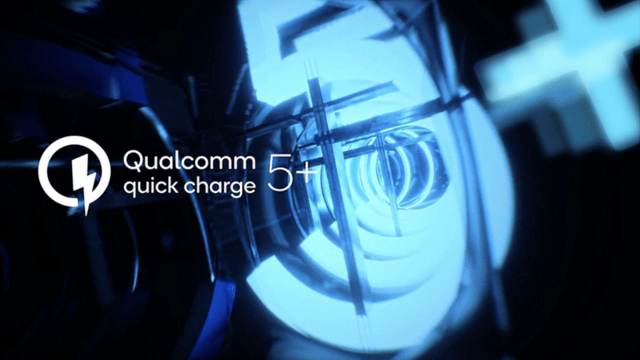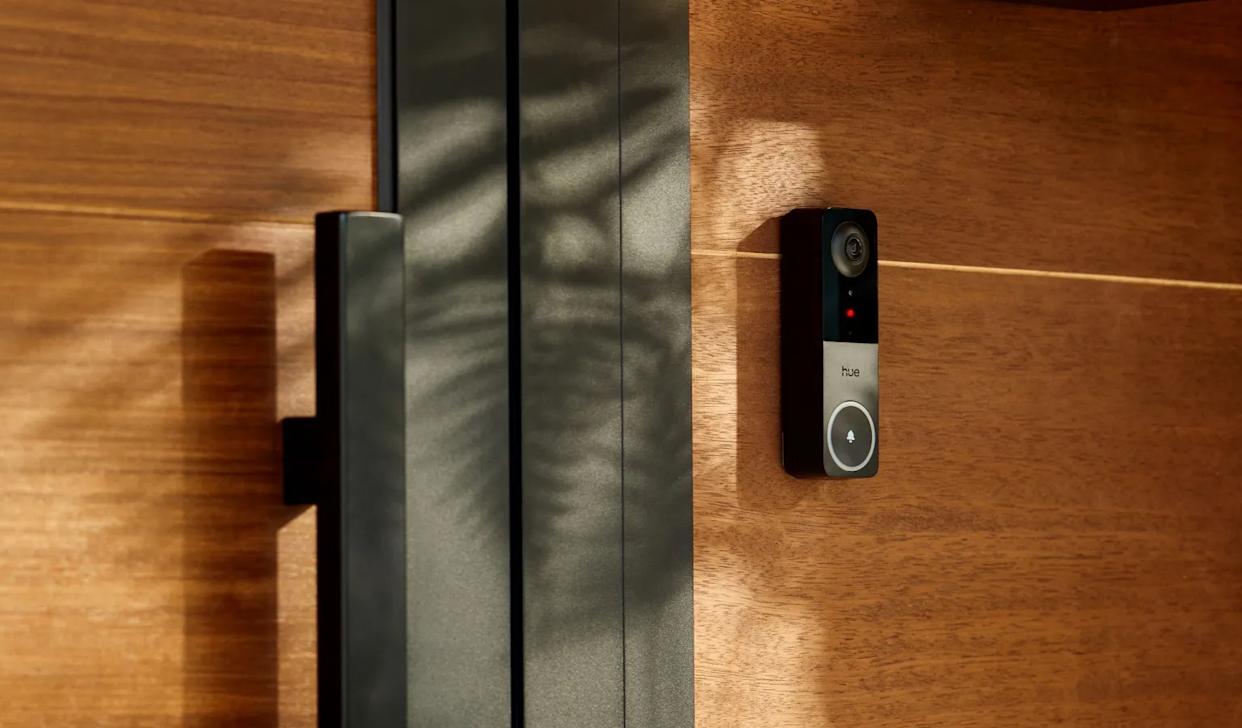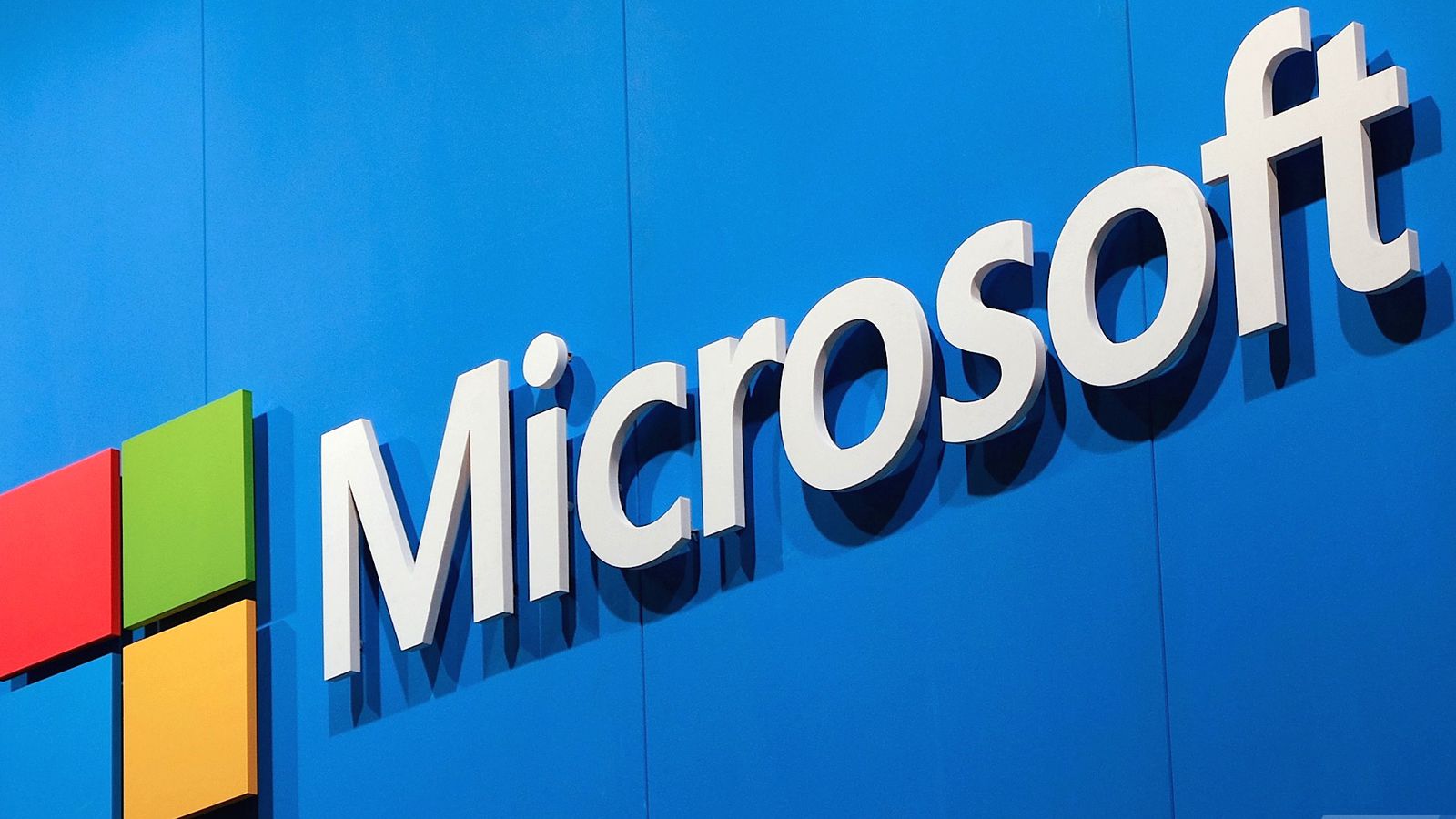From computers to automobiles, hackers have tried to capture all sectors of the tech industry. It has now become a norm of any technology related product to embed within it, stringent safety measures to combat cyber security risks and attacks. Remember the case with Fiat Chrysler this July, when the Jeep-maker had to recall more than a million vehicles when it was found and proved by researchers that they could tweak the Jeep Cherokee’s breaks and control the vehicles despite being almost 10 miles away. This is what Intel is now concerned with for the Internet-connected automobiles.
Intel Corporation made an announcement on September 13th about creating a panel exclusively for extenuating cyber security risks. This panel, called Automotive Security Review Board (ASRB) will be composed of global experts in the security industry having specialized in cyber-physical systems.
To assist the drivers and automobile industry as a whole, researchers of the board will perform audits and security tests. This is to enable designing and coding perfectly secure systems and make recommendations for the same. The firm will grant its automotive advanced development platforms to conduct progressive research which will then be published publicly in phases. There is an introductory meeting/ panel discussion lined up in the month of October this year. Particulars about the development platform along with the areas of focus for security audits will be discussed at the inaugural meet-up. Security professionals from around the world can participate in the discussion and can find out the details here.
The American multinational has already published a white paper based on best practices in automotive cyber security. The paper titled “Automotive Security Best Practices: Recommendations for Security and Privacy in the Era of the Next-Generation Car” discusses the various cyber security risks related to connected automobiles and proposes recommendations for the same. An excerpt from the paper reads: “Computer attacks are now a clear and present danger for car users, dealers, manufacturers and suppliers. Computer security joins reliability and safety as a cornerstone for consumer confidence and continued success in the automotive industry.”
The Santa Clara Company is said to publish upgraded versions of the paper in the coming future which will be built around verdicts and discoveries by ASRB. Updated versions will also contain feedback from security experts as Intel seeks reviews and comments here.
According to Chris Young, senior vice president and general manager of Intel Security, the bar against hacker attacks in automobiles ought to be raised. With regard to the newly formed panel, he says, “Intel can establish security best practices and encourage that cyber security is an essential ingredient in the design of every connected car. Few things are more personal than our safety while on the road, making the ASRB the right idea at the right time.”
This comes with its own set of rewards as Intel plans to give away a brand new car to the panelist who will be responsible for making the most impactful and noteworthy contribution in the cyber security area and whose idea will reach the implementation stage on the platform of Intel’s automobiles.
With 150-250 million connected passenger vehicles expected to be on roads by 2020, the need to tackle the hacker issue is more than ever before. There is going to be the immense joint effort required to ensure the security of vehicles owing to a trend to have several manufacturers in the supply chain.







Add Comment